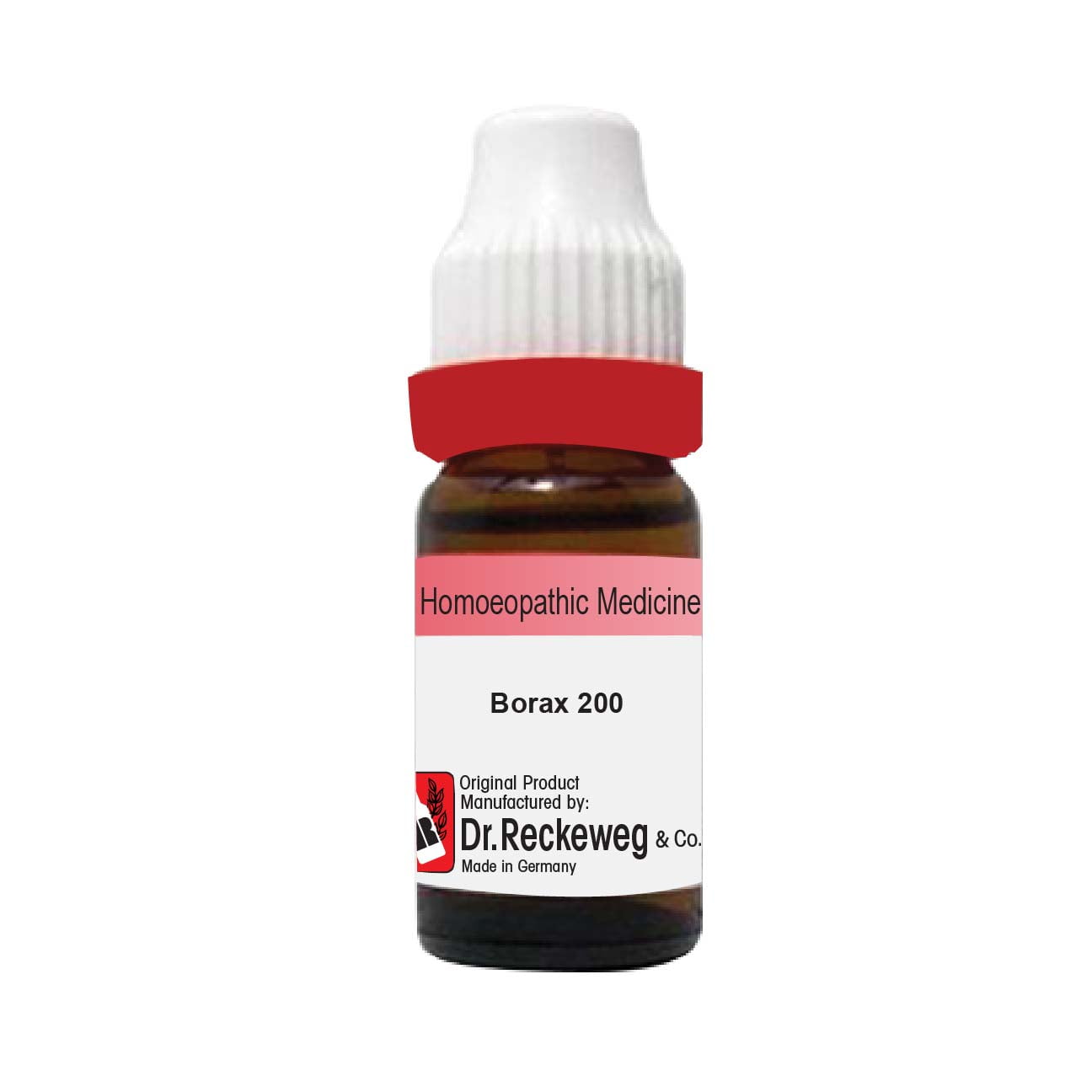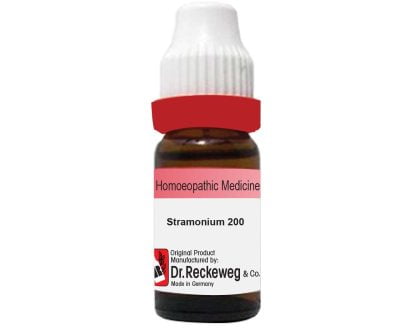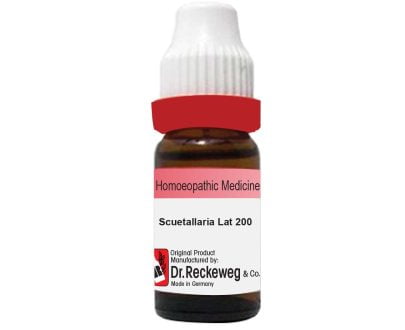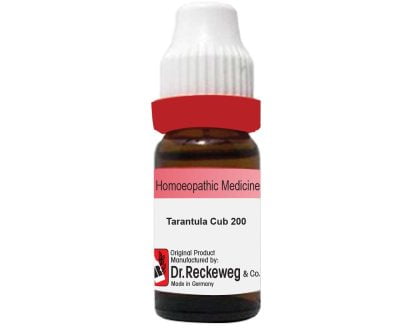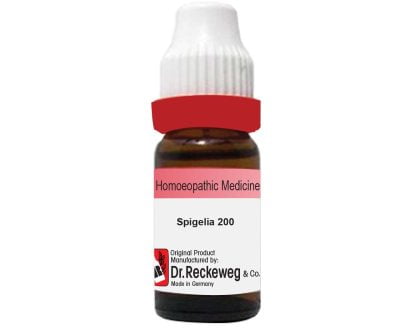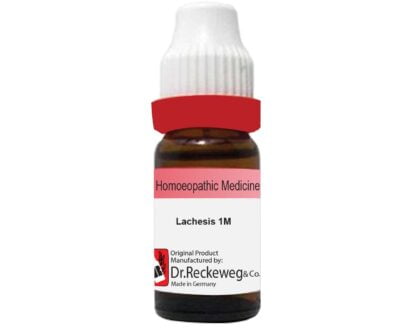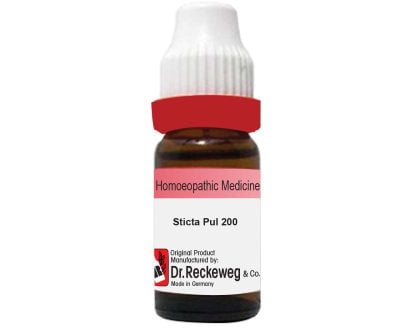| Select Potency | 200, 30, 3X, 6 |
|---|
Description
Information about Dr. Reckeweg Borax
Borax is a homeopathic medicine which is also known as borate of sodium. This medicine is indicated in all kinds of gastro intestinal troubles. It is also known as Natrum Biboracicum, Natrum Boracicum, Natrum Tetraboracicum, Natrum Tetraboricum.
Product Origin: Germany
Key uses/benefits:
- It is indicated for inflammation of the stomach and intestines, accompanied by irritation.
- It is effective for symptoms such as increased salivation, nausea, vomiting, colic, and diarrhea.
- It is useful in urinary infections with signs like albuminuria, casts, spasm of the bladder, and occasionally, bloody urine.
- It addresses apthous ulcers of mucous membranes.
- It is also helpful in cases of convulsions.
Dosage
Directions of Use:
- As directed by your Physician
Safety Information
Safety Information:
- Read the label carefully before use.
- Store in a cool and dry place away from direct sunlight.
- Keep out of reach of children.
Additional Information
Additional information about Borax
This medicine is indicated in all kinds of gastro intestinal troubles. It is an effective medicine for treating inflammations in intestines and spasms of urinary bladder. Eczematous eruptions of toes and fingers along with itch can also be healed using this medicine. It is reported to be useful in aphthae, ear-discharge, plica-polonica, pleurisy, dysmenorrhoea, ulcers, sterility, vertigo, etc.
Borax therapeutic range of actions as per Boericke Materia Medica
Gastro-intestinal irritation. Salivation, nausea, vomiting, colic, diarrhœa, collapse, albuminuria, casts and vesical spasm. Delirium, visual changes, hæmaturia, and skin eruptions have all been observed from over-dosing.
Dread of downward motion in nearly all complaints. For homeopathic purposes, the peculiar nervous symptoms are very characteristic, and have frequently been verified, especially in the therapeutics of children. Of much value in epilepsy. Aphthous ulceration of mucous membranes.
Mind.–Extreme anxiety, especially from motions which have a downward direction, rocking, being carried downstairs, laid down. Anxious expression of face during the downward motions, starts and throws up hands on laying patient down, as if afraid of falling. Excessively nervous; easily frightened. Sensitive to sudden noises. Violent fright from report of a gun, even at a distance. Fear of thunder.
Head.–Aches, with nausea and trembling of whole body. Hair tangled at tips, cannot be separated, as in Plica Polonica (Vinca min).
Eyes.–Lashes turn inward. Visions of bright waves. Eyelids inflamed, lids cut against eyeball. Entropium.
Ears.–Very sensitive to slightest noise; not so much disturbed by louder ones.
Nose.–Red nose, of young women (Nat carb). Red and shining swelling, with throbbing and tensive sensation. Tip swollen and ulcerated. Dry crusts.
Face.–Pale, earthy, with suffering expression. Swollen, with pimples on nose and lips. Feeling of cobwebs.
Mouth.–Aphthæ. White fungous like growth. Mouth hot and tender; ulcers bleed on touch and eating. Painful gumboil. Crying when nursing. Taste bitter (Bry; Puls; Cup). Taste of “cellar mould”.
Stomach and Abdomen.–Distention after eating; vomiting. Gastralgia, depending upon uterine disturbance. Pain as if diarrhœa would result.
Stool.–Loose, pappy, offensive stools in children. Diarrhœa, offensive, preceded by colic; stools mucous, with aphthous sore mouth.
Gastro-intestinal irritation. Salivation, nausea, vomiting, colic, diarrhœa, collapse, albuminuria, casts and vesical spasm. Delirium, visual changes, hæmaturia, and skin eruptions have all been observed from over-dosing.
Dread of downward motion in nearly all complaints. For homeopathic purposes, the peculiar nervous symptoms are very characteristic, and have frequently been verified, especially in the therapeutics of children. Of much value in epilepsy. Aphthous ulceration of mucous membranes.
Mind.–Extreme anxiety, especially from motions which have a downward direction, rocking, being carried downstairs, laid down. Anxious expression of face during the downward motions, starts and throws up hands on laying patient down, as if afraid of falling. Excessively nervous; easily frightened. Sensitive to sudden noises. Violent fright from report of a gun, even at a distance. Fear of thunder.
Head.–Aches, with nausea and trembling of whole body. Hair tangled at tips, cannot be separated, as in Plica Polonica (Vinca min).
Eyes.–Lashes turn inward. Visions of bright waves. Eyelids inflamed, lids cut against eyeball. Entropium.
Ears.–Very sensitive to slightest noise; not so much disturbed by louder ones.
Nose.–Red nose, of young women (Nat carb). Red and shining swelling, with throbbing and tensive sensation. Tip swollen and ulcerated. Dry crusts.
Face.–Pale, earthy, with suffering expression. Swollen, with pimples on nose and lips. Feeling of cobwebs.
Mouth.–Aphthæ. White fungous like growth. Mouth hot and tender; ulcers bleed on touch and eating. Painful gumboil. Crying when nursing. Taste bitter (Bry; Puls; Cup). Taste of “cellar mould”.
Stomach and Abdomen.–Distention after eating; vomiting. Gastralgia, depending upon uterine disturbance. Pain as if diarrhœa would result.
Stool.–Loose, pappy, offensive stools in children. Diarrhœa, offensive, preceded by colic; stools mucous, with aphthous sore mouth.


